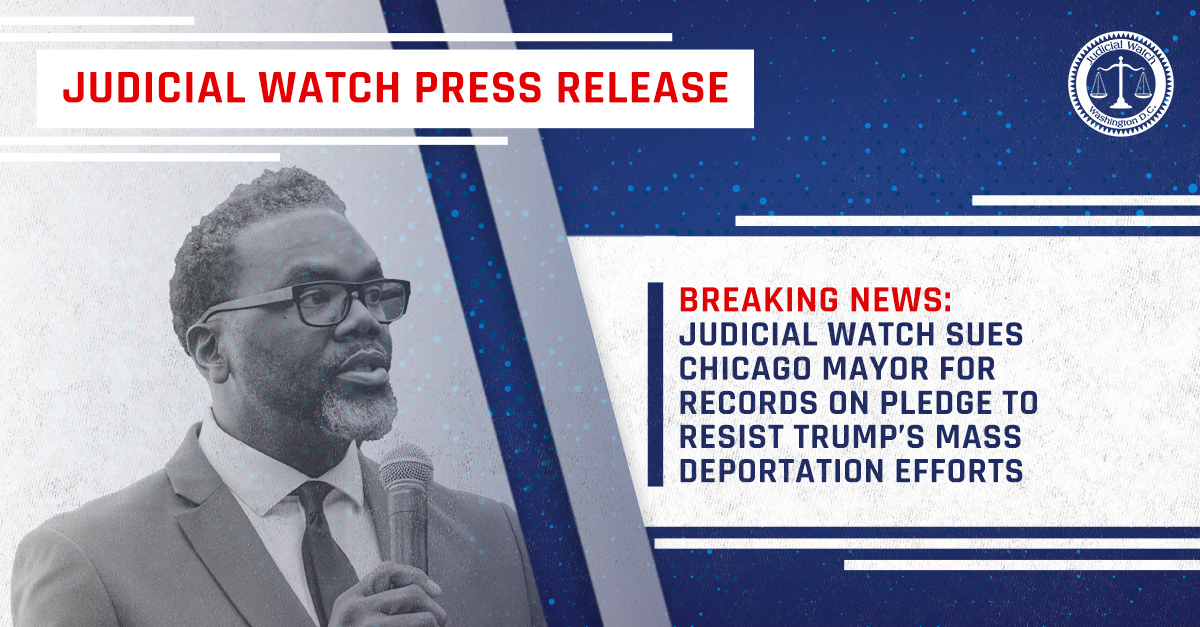

Supreme Court: Judges Can’t Preside Over Donors’ Cases
The U.S. Supreme Court has sent the nation’s elected judges an important message; that they cannot preside over cases involving the financial interests of major donors who helped them get elected.
The ruling involves a coal company executive who spent $3 million to help elect a West Virginia Supreme Court judge (Brent Benjamin) that later voted to reverse a $50 million judgment against his company. The money spent by the coal executive was more than triple the total amount spent by all of the judge’s other supporters combined yet he ignored recusal calls.
In a 5-4 decision issued this week the Supreme Court ruled that significant campaign contributions or other electoral assistance pose a risk of actual bias. Writing for the majority, Justice Anthony Kennedy said: "Just as no man is allowed to be a judge in his own cause so too can fears of bias arise when "a man chooses the judge in his own cause."
The ruling will likely affect judges in 39 states that elect them—including Washington, Texas and California—from presiding over cases in which their campaign contributions could create a conflict of interest. The nation’s judicial code has long said that judges should disqualify themselves from proceedings in which impartiality might reasonably be questioned, but the Supreme Court ruling is the first to address hefty election spending.
Hundreds of millions of dollars were spent on state Supreme Court elections from 2000 to 2008, according to a nonprofit group that works to keep courts fair and impartial, more than double the amount spent in the entire 1990s. Last year alone, state Supreme Court candidates raised nearly $30 million.















